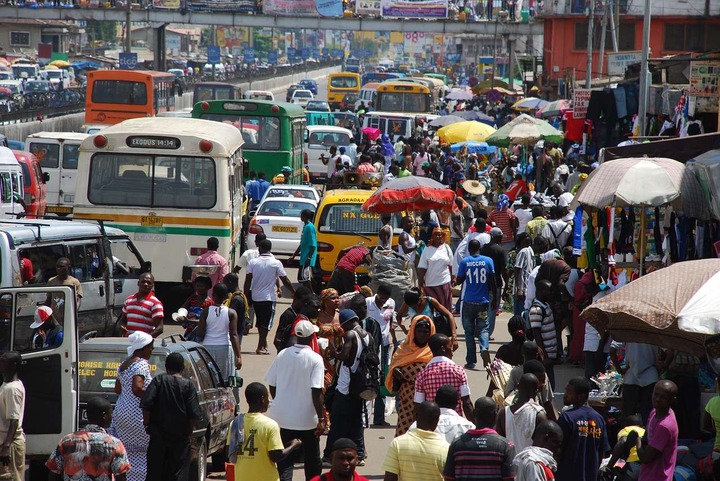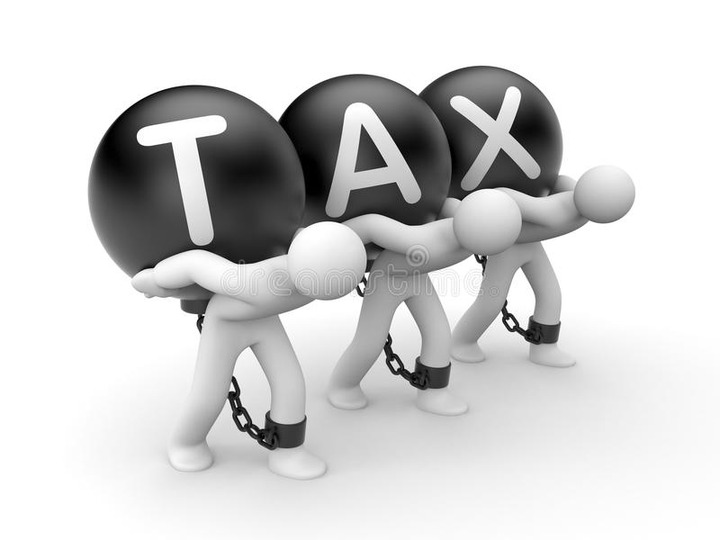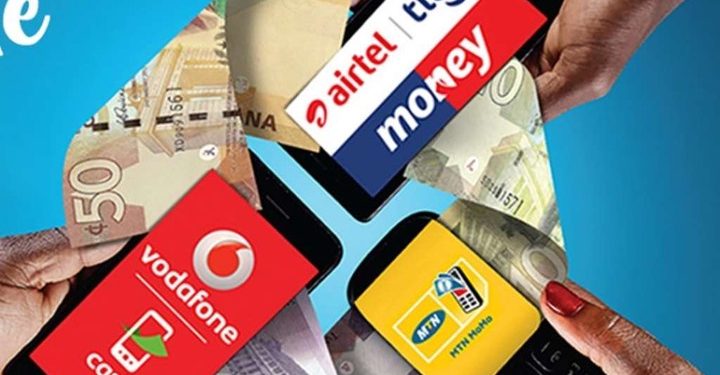Following the recent town hall meeting held in the Eastern Region by the NPP over the much talked about E-levy, which had in attendance the Finance Minister; Ken Ofori-Atta, Minister for Communications; Ursula Owusu, and the Minister for Information; Vincent Kojo Oppong Nkrumah among others. It brings to the fore certain crucial points that require critical and thoughtful analysis.
Ghana loses lots of money annually to corruption. According to a 2019 report by the Ghana Integrity Initiative (GII), which is the local chapter of Transparency International, Ghana loses over US$3 billion to corruption annually. Considering how the fight against corruption in the country is abysmal under the Akufo-Addo-led NPP government, it is safe to assume that this figure has increased.

The much-touted E-Levy which the NPP government wants us to believe will save the country seem to be nothing short of another ploy to fleece Ghanaians of money they do not have, to fund their selfish lavish lifestyles while the ordinary citizens wallow in the misery of poverty.
The E-levy is estimated to generate about GHc6. 5 to 7 billion in 2022 which is less than the amount of money lost yearly due to corruption. In this sense, the government could have increased its revenue by simply plugging the holes of corruption. This would have been a better way of increasing government revenue without putting further financial burdens on poor Ghanaians.
The US$3 billion lost annually to corruption translates to about GHc18. 4 billion. The government claims it needs about Ghc10 billion annually to end youth unemployment. As such, the GHc18. 4 billion lost to corruption yearly is more than enough to end the unemployment crisis in the country. But what did the government do? They did not seek to prevent this huge annual loss of revenue to corruption but instead chose to impose new taxes on the already overburdened Ghanaian taxpayers.
Perhaps, this option was taken due to the fact that politicians are largely alleged to be the beneficiaries of corruption loots. If so, then of course, why would they plug their source of ” free money” right?

In a more visual perspective, GHc18. 4 billion could build about 11 Terminal 3s, or 14 University of Ghana Medical Centers, or create at least a million jobs among other things. In contrast, the government only employs about 660 thousand Ghanaians out of the over 30 million Ghanaians (2021 Population census)
Other traditional sources of revenue for Ghana include Gold revenue; which the government had about GHc44.1 billion (US$7. 2 billion) in 2020. Oil revenue in 2019 was measured at GHc13.45 billion (roughly 2.2 billion US dollars). Revenue from Cocoa in 2019 was about GHc14 billion (2.29 billion US dollars)
From the revenues mentioned above, one critical question comes to mind– all these monies could not change the country’s economic fortunes for good, but for some reason, we are expected to believe that E- levy is going to be the Magical Economic Wand for the country?










Discussion about this post